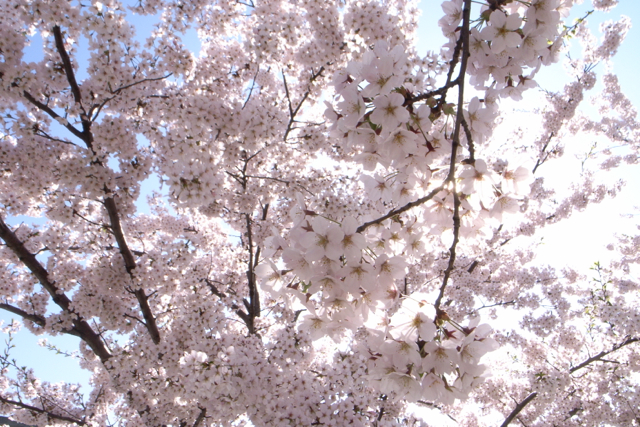
Photo credit: Beowulf Sheehan
Have you ever asked an old person, "What's the secret?"
I have, but I no longer will. Here's why.
After celebrating my birthday not too long ago, it's hard for me to avoid thinking about getting old. When I've met folks who were much more advanced in years than I, sometimes I'd ask what the secret to their longevity is, as though they were the bearers of some magical form of knowledge that had been bestowed only on people "of a certain age."
Some of the responses I got were:
- I never drink or smoke.
- I have a vodka martini every night and smoke several packs of cigarettes a day.
- I walk three miles four times a week.
- I never exercise.
- I don't eat red meat.
- I eat whatever I want, including whole eggs, steak and heavy cream.
Obviously, genetics plays a role for some. For others, smart choices make a big difference. And then there's luck. It's anybody's guess as to what actually contributes to a particular person making it to 85 or 90.
When I was younger, I thought it was complimentary to ask old people what the secret to living so long was. After all, it's something most people want but not a lot of people get, right?
But now I see that the innocent question, "What's the secret?," is insulting. It's the moral equivalent of saying, "Man, are you old!" Only the rude, the boorish, and some of the people who live here in New York would come right out and utter such an expression. Besides, as some of the responses above attest, there isn't any secret.
Another Expression I Can Do Without
This one comes courtesy of the late George Carlin. Why do we refer to someone who is in their ninth decade of life as being so many years young? As with "What's the secret?," it seems like a compliment. Old people want to be young again, don't they? What's wrong with a little wish fulfillment?
What's really going on, however, is the denial of reality. You're getting older, and so am I. There's nothing we can do about it, and there's also nothing wrong with accepting it. In fact, there's everything right with doing so. When you accept a troublesome fact, you're that much closer to being at peace with it. And that's something worth celebrating.
One More Annoyance
Why does every newspaper story include the age of the people in question? It's usually given after the first mention of a person's full name: "Herbert Schmedlein, 89, was minding his own business when... " Sometimes age is relevant in the piece, but most of the time it isn't. If the story is about how Mr. Schmedlein has just become the oldest person to host a talk show on MTV, it's important to know exactly how old he is (along with the average age of an MTV talk show host, which must about around 22). But if the story is about, well, almost anything else, Mr. Schmedlein's age is irrelevant and shouldn't be mentioned.
If it's considered good journalism to include metrics that have nothing to do with the story at hand, I'd rather see a reference to the subject's favorite movie, book, or TV show. Thus, "Herbert Schmedlein, a huge fan of Planet of the Apes, was minding his own business when... " Or "Herbert Schmedlein, who recently bought the first three seasons of The Beverly Hillbillies on DVD... " If you're an investigative journalist, I hope you'll take my suggestion to heart when you write your next piece.
But What Does This Have to Do With Ethics?
Just because I write an ethics blog on The Huffington Post doesn't give me the right to bore you with a personal peccadillo or a grumpy complaint of no interest to anyone but me. But the issue of how we deal with aging is an ethical one for several reasons:
- Ethics is a branch of philosophy, and one of the central concerns of philosophy is truth. Using language as a smokescreen, to provide false compliments, or to run from reality is misusing the only tool we have for conveying truth, and thus how we speak about aging is a legitimate area for philosophy to address.
Oliver Sacks wrote an op-ed for the New York Times this past summer about how he is looking forward to being 80. I wouldn't go that far, but I will say that every day is a blessing, and I'm happy to be alive. I hope you are, too.
Thank you for reading my blog.
Bruce Weinstein, Ph.D.
The Ethics Guy
P.S. If you're thinking, "I missed Bruce's birthday! What can I give him that would be meaningful to him but not require a lot of effort on my part?" I have a humble suggestion: please visit my Facebook page and if (and only if) you like it, click the "like" button. And share the page with your colleagues, friends and family. Every weekday I post a quotation that will lift your spirits, and by liking the page, you'll be supporting the work I'm doing. Thank you!
For more by Bruce Weinstein, click here.
For more on aging, click here.